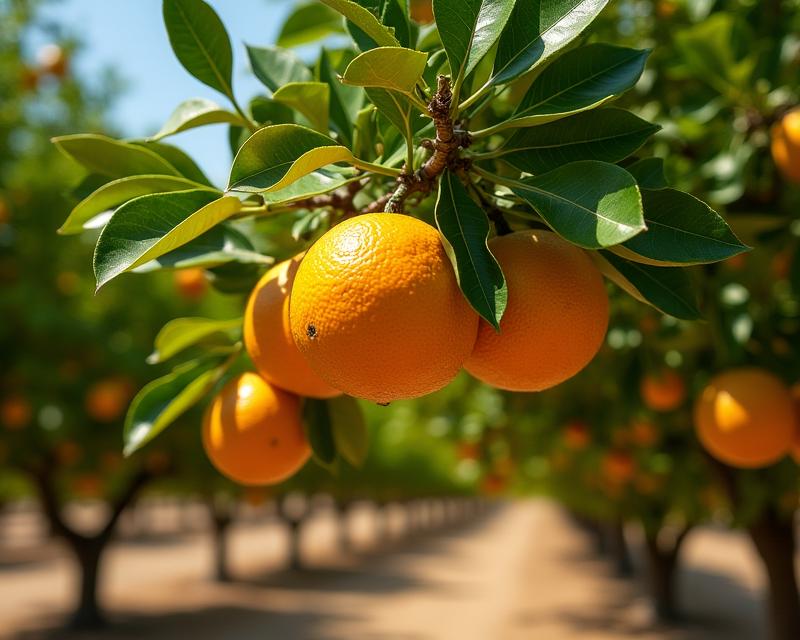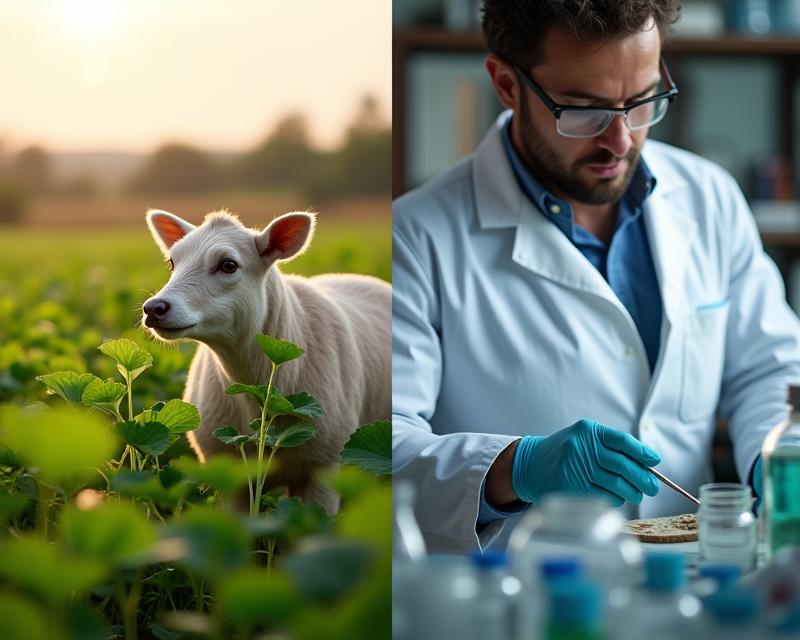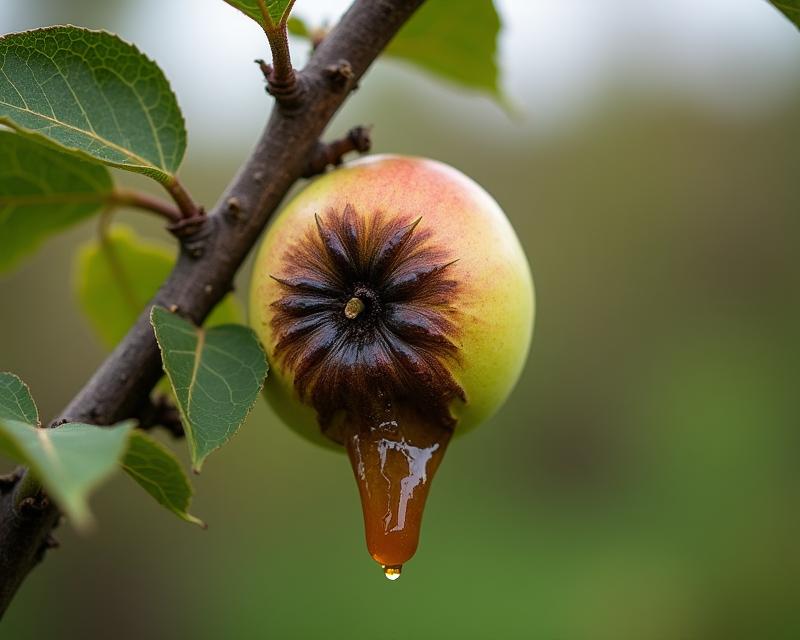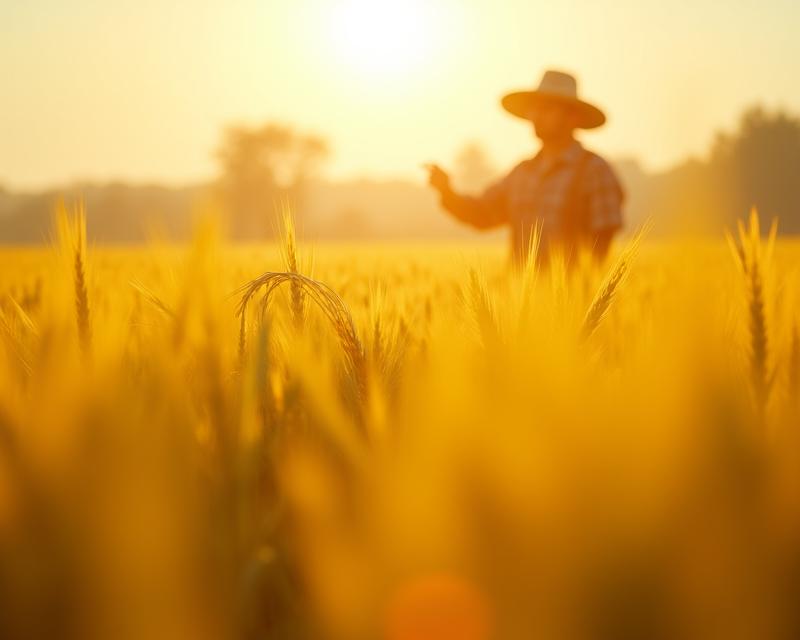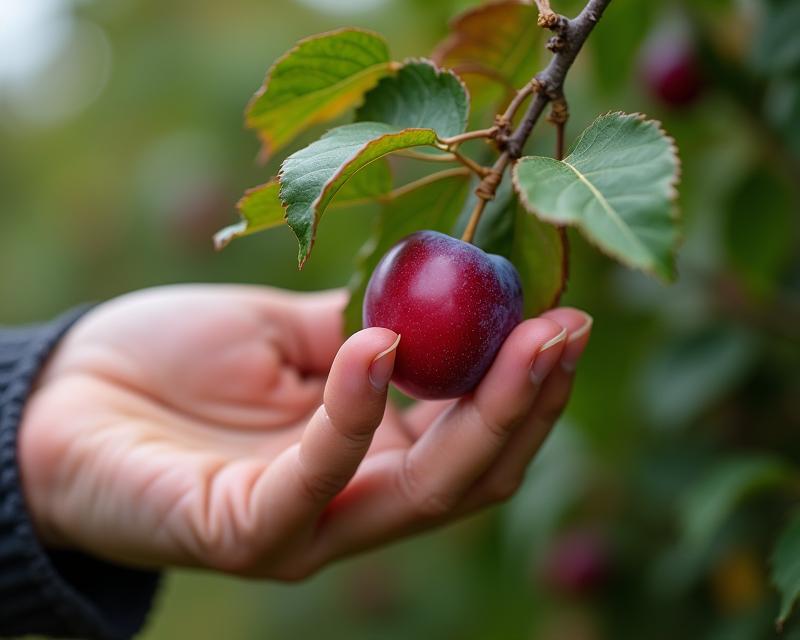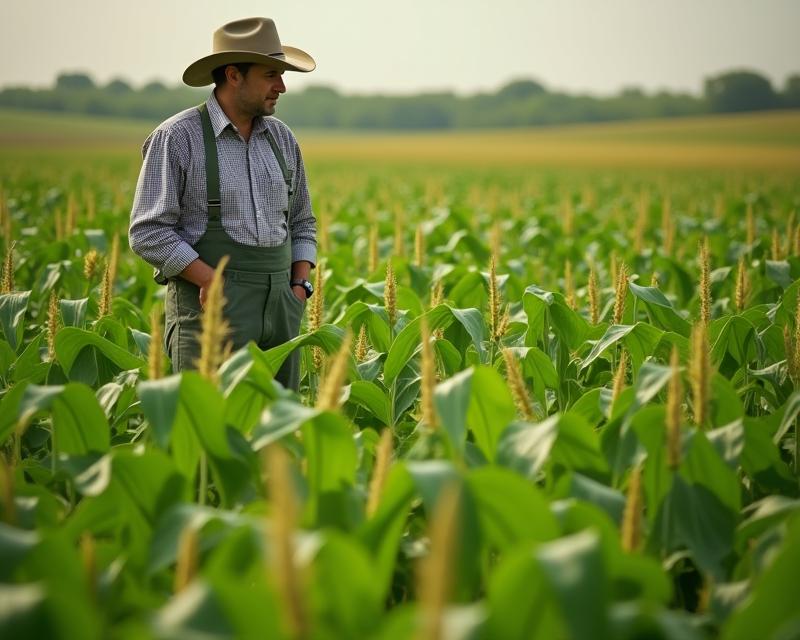Rootstock Matters: Choosing the Right Base for Your Fruit Trees
Publish in Crops el 22/07/2025 16:40
Rootstock Matters: Choosing the Right Base for Your Fruit Trees
Growing fruit trees is a rewarding experience, offering delicious harvests and a beautiful addition to any landscape. But did you know that the rootstock – the base onto which the fruit tree variety is grafted – plays a *huge* role in the tree's health, size, and productivity? Choosing the right rootstock is a critical decision that can significantly impact your orchard's success. Let's dive into why rootstock selection is so important.
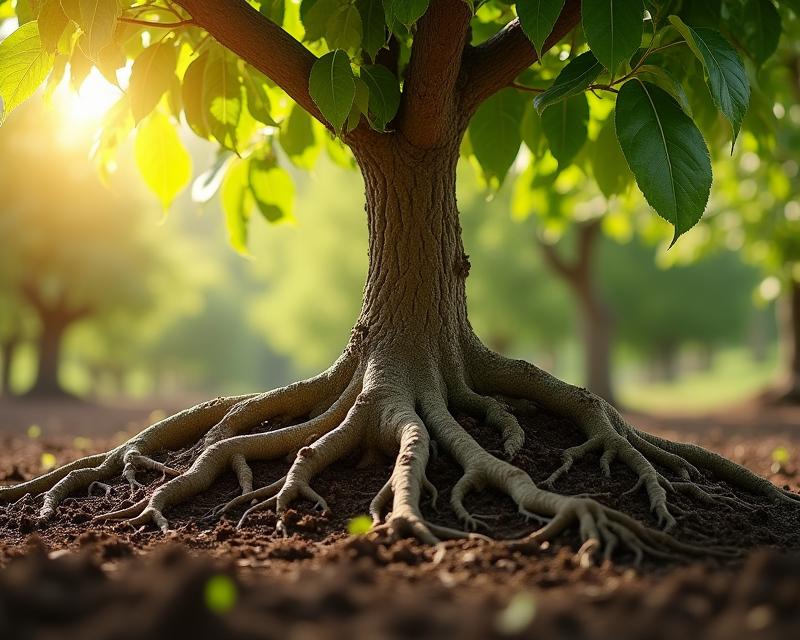
What is Rootstock and Why Does it Matter?
Think of the fruit tree variety as the 'fruit' and the rootstock as the 'root system'. The rootstock provides the foundation for the tree, influencing its size, vigor, disease resistance, and even its tolerance to different soil conditions. It's not just about getting a tree to grow; it's about ensuring it thrives and produces abundant, healthy fruit for years to come. Ignoring rootstock selection is like building a house on a weak foundation – it’s asking for trouble down the road.
Key Considerations When Choosing Rootstock
Here's a breakdown of how rootstocks impact your fruit trees:
- Size Control: Rootstocks are often categorized as dwarfing, semi-dwarfing, or standard. Dwarfing rootstocks limit the tree's growth, making it easier to manage, harvest, and fruit earlier. Semi-dwarfing trees are intermediate in size, while standard rootstocks produce full-sized trees.
- Disease Resistance: Many rootstocks are bred for resistance to specific soilborne diseases, like root rot. Selecting a rootstock resistant to common diseases in your area can save you a lot of trouble and prevent costly treatments.
- Soil Adaptability: Different rootstocks tolerate different soil types. Some are better suited for heavy clay soils, while others thrive in sandy or alkaline conditions. Understanding your soil's characteristics is essential for choosing a compatible rootstock.
- Vigor & Productivity: Rootstocks influence the tree's growth rate and overall productivity. A vigorous rootstock might produce a larger tree with more fruit, but it may also require more pruning and maintenance.
Making the Right Choice for Your Orchard
The best rootstock for your fruit trees depends on several factors, including the type of fruit you want to grow, your climate, soil conditions, and desired tree size. Consult with your local agricultural extension office or a reputable nursery to get recommendations tailored to your specific needs. They can provide valuable insights into the best rootstocks for your region and fruit variety. Don't hesitate to ask questions! Investing a little time in rootstock research now will pay off handsomely in the long run with a healthier, more productive, and easier-to-manage orchard. Happy growing!
